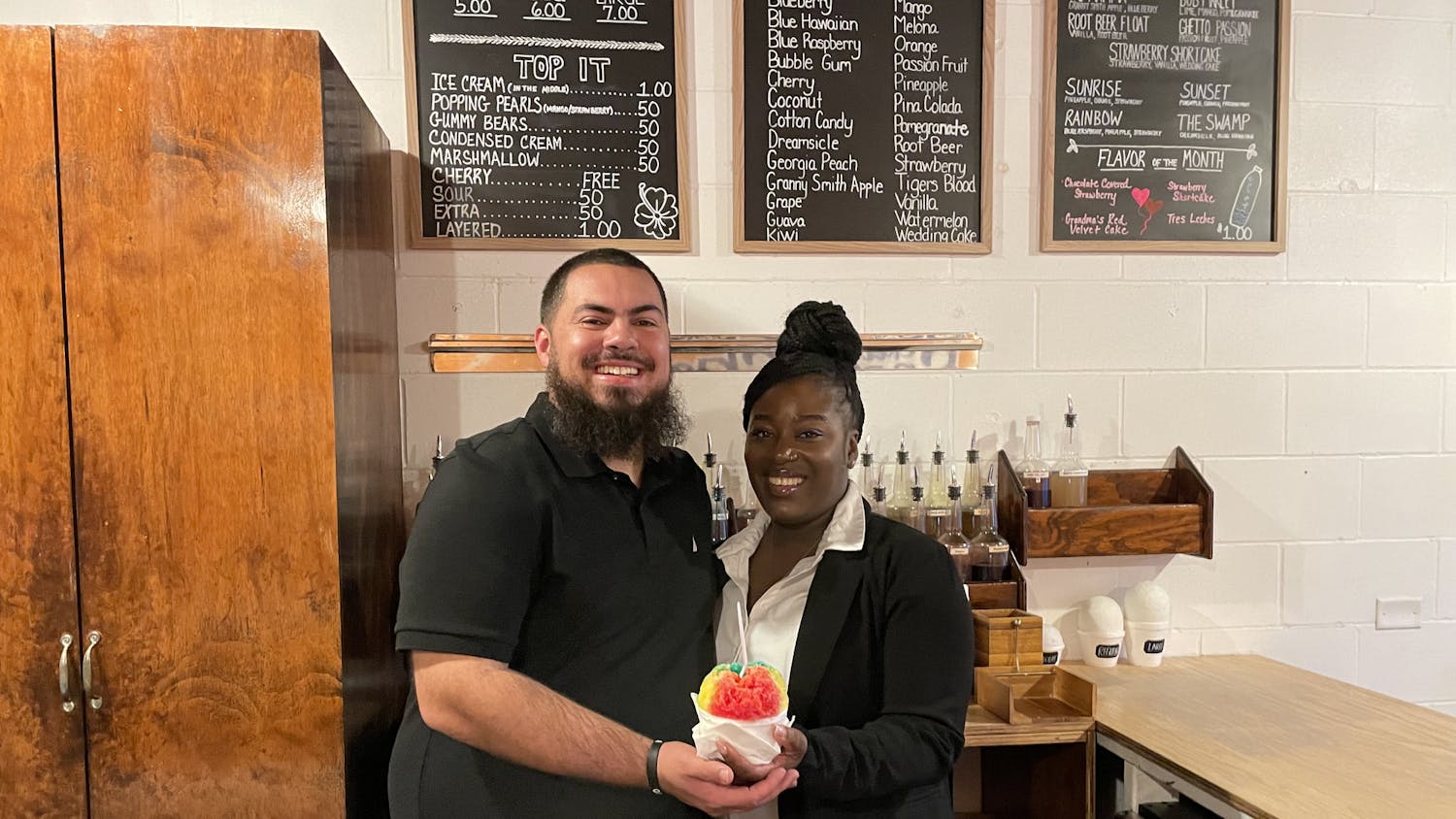Lovetta Smith, who earned a doctorate in nursing and spent 30 years as a head nurse and counselor at the Veterans Affairs Medical Center, has been confined to a wheelchair since her sophomore year in college 38 years ago.
So when Smith attended an Americans with Disabilities Act event Thursday highlighting segregation and discrimination against people with disabilities, especially in the work force, she said the event's outlook was refreshing but nothing new to her.
The annual event, which celebrated the day the Americans with Disabilities Act passed in 1990, attracted about 150 people.
It was held at Sidney Lanier School, a public school for students between 3 and 22 with disabilities, according to event coordinators.
Most of the attendees appeared to be people with disabilities or advocates for their cause, Smith said.
The event's keynote speaker, well-known author and ADA advocate Dale DiLeo, was "good, but probably preaching to the choir," she said.
DiLeo, who wrote several books about ending segregation of people with disabilities and acts as a consultant for universities and corporations on similar issues, talked about the difficulties of finding satisfying and fulfilling work for a person labeled by society as disabled.
People with disabilities have the highest unemployment rate among minority groups, he said.
DiLeo also discussed the dangers of grouping people, especially when that group is determined by what people can't do rather than what they can. He said labeling people dehumanizes them and leads others to view them as outsiders.
He called disabled people "the last legally segregated group in the U.S."
"We suck you out of your community and spit you out into an organization with your disability label," he said. "We put you in a special school, special home and give you special work."
He concluded that Gainesville officials should focus on accommodating disabled people without separating them because of their differences.
Rodney Bickel, who works for the city's Office of Equal Opportunity, said he thinks Gainesville is already progressive about addressing the needs of people with disabilities.
He said the Regional Transit System is a good example of such provisions because every bus has wheelchair access.
JoAnn DeMarc, 49, said she thinks the city still has a long way to go in calling itself equal.
"My hips are sideways and I have this brace," said DeMarc, who suffers from a birth defect that gives her a pronounced limp. "I went to Penn State, too, but people avoid me like I'm contagious or stupid. Yeah, we have a long way to go."






